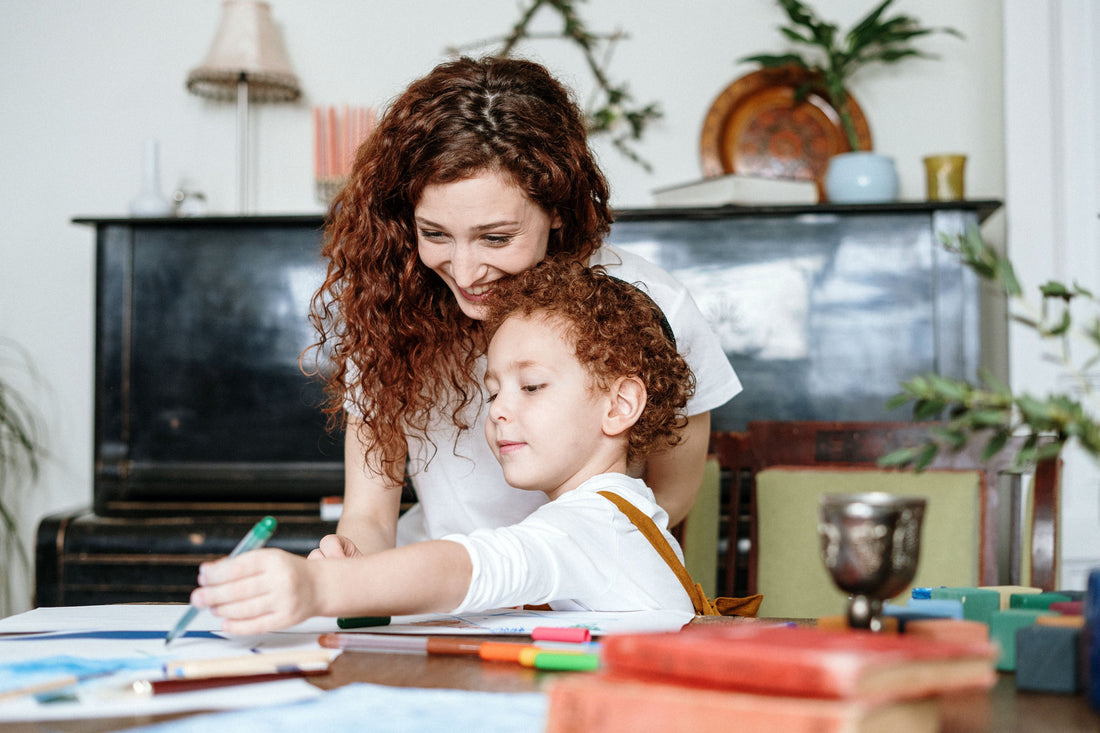
How to Help Homeschooled Kids Socialize and Make Friends
Homeschooling has gained significant popularity as an alternative education option in recent years, offering flexibility and personalized learning experiences.
However, concerns about socialization often arise when considering homeschooling for children. Critics worry that homeschooling may isolate children from essential social interactions.
To address these concerns, parents who choose to homeschool must actively engage in strategies that promote balanced socialization for their children.
Understanding Socialization
Socialization is a fundamental aspect of child development, helping children acquire the necessary skills to interact with others, form friendships, and navigate the complexities of society.
Traditional schooling environments provide built-in opportunities for children to interact with their peers on a daily basis. In homeschooling, parents must proactively create similar opportunities to ensure their children's social development.
Strategies for Fostering Socialization
Join Homeschool Groups
Homeschooling communities and co-ops are excellent resources for connecting with other homeschooling families. These groups often organize field trips, classes, and social events, allowing children to interact with peers while engaging in enriching activities. Participating in such groups offers both children and parents a sense of belonging and support. Here are a few online resources to find information on homeschooling co-ops: The Homeschool Mom and Homeschool Super Freak.
💡 Tip: Get a My Friends and I friendship book for your child or your homeschool co-op and have all the children in your group sign it. Reading their peers’ answers to questions like “What is your favorite food? What do you like to do in your free time? What songs do you like to listen to? What books do you like to read? What do you want to be when you grow up?” enables you and your child to learn more about the other children in your homeschool co-op or homeschool group, and offers the opportunity to foster friendships and give them a sense of "family" and togetherness. The book is available here and on Amazon.

Sports and Extracurricular Activities
Enroll your children in sports teams, art classes, music lessons, dance classes, or any extracurricular activities they are interested in. These activities provide a platform for kids to interact with others who share similar interests, fostering friendships and social bonds.
💡 Tip: Read through your child’s or the homeschool co-op’s My Friends and I book to see what extracurricular activities their homeschool friends are enrolled in. Enrolling your child in the same activities allows them to further deepen their bond and friendship. The book is available here and on Amazon.
Local Community Engagement
Encourage your children to participate in local community events, workshops, and clubs. Libraries, community centers, and recreational facilities often offer programs specifically designed for children. Such engagements expose kids to a diverse range of individuals and encourage social interaction.
Volunteer Opportunities
Engaging in volunteer work as a family can be a rewarding experience that not only contributes to the community but also exposes children to different people and cultures. Volunteering provides valuable life lessons while encouraging empathy and social awareness.
Playdates and Playgroups
Organize regular playdates with other homeschooling families or friends from the neighborhood. Playgroups are an excellent way for kids to build friendships, practice social skills, and have fun in a relaxed setting.
💡 Tip The My Friends and I friendship book can be a fantastic resource for discovering children with similar interests. The book is available here and on Amazon.
Online Socialization
In the digital age, online socialization also plays a role in children's lives. While it's important to monitor screen time, supervised online forums, classes, and educational gaming platforms can provide opportunities for children to interact with peers in virtual spaces.
Balancing Academic and Social Time
While ensuring sufficient socialization is crucial, maintaining a balance between academic and social time is equally important. Create a flexible schedule that includes time for both structured learning and social interactions. This balance will help children develop time management skills, as well as the ability to transition between different types of activities.
Communication and Reflection
Regularly engage in open conversations with your children about their social experiences. Ask about their interactions, friendships, and any challenges they may be facing. Creating a safe space for dialogue encourages children to express themselves, seek advice, and develop their social skills further.
Homeschooling can provide children with a unique and tailored educational experience, but socialization is essential. By actively participating in homeschooling communities, enrolling children in extracurricular activities, fostering local community engagement, and maintaining a balanced schedule, parents can ensure that their homeschooled children receive ample socialization opportunities. Remember that each child is different, so be adaptable in your approach and prioritize open communication to help them develop into well-rounded individuals capable of thriving in social settings.
Enjoy our articles?
Photo by cottonbro studio
